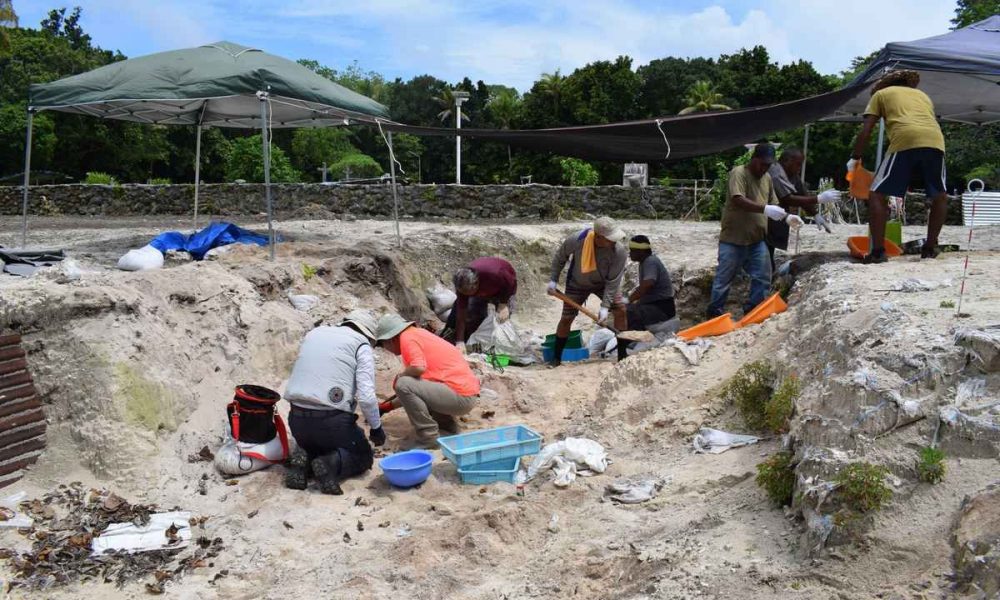
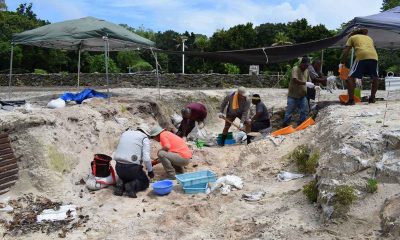

Approximately 2.4 million Japanese died during the war in various locations. Seventy-nine years later, only half have been recovered.
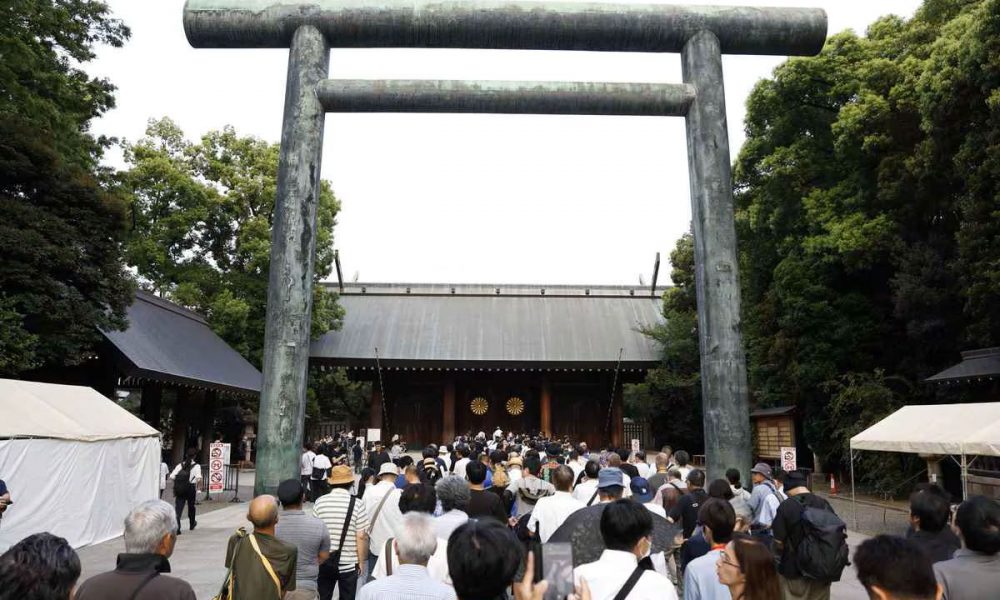
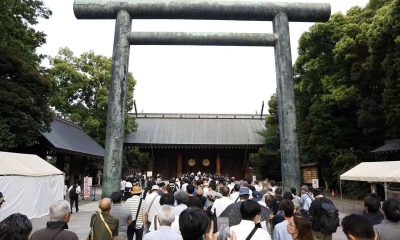

We are a democracy that yearns for peace. Consider the spirits of the war dead and their families over the demands of countries that view Japan...
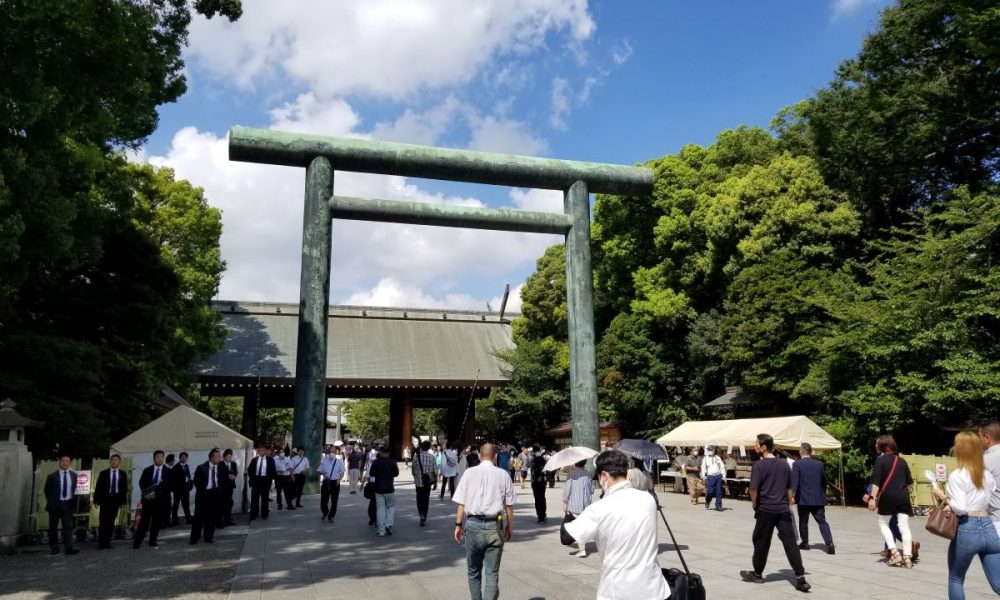
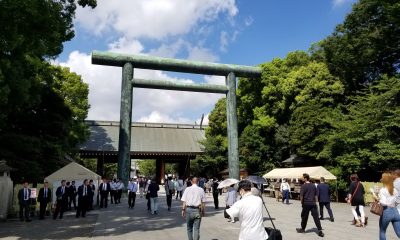

Yasukuni Shrine remains a site of personal and national reflection on war and peace revealing deeper significance beyond the criticisms of Japan's neighbors.
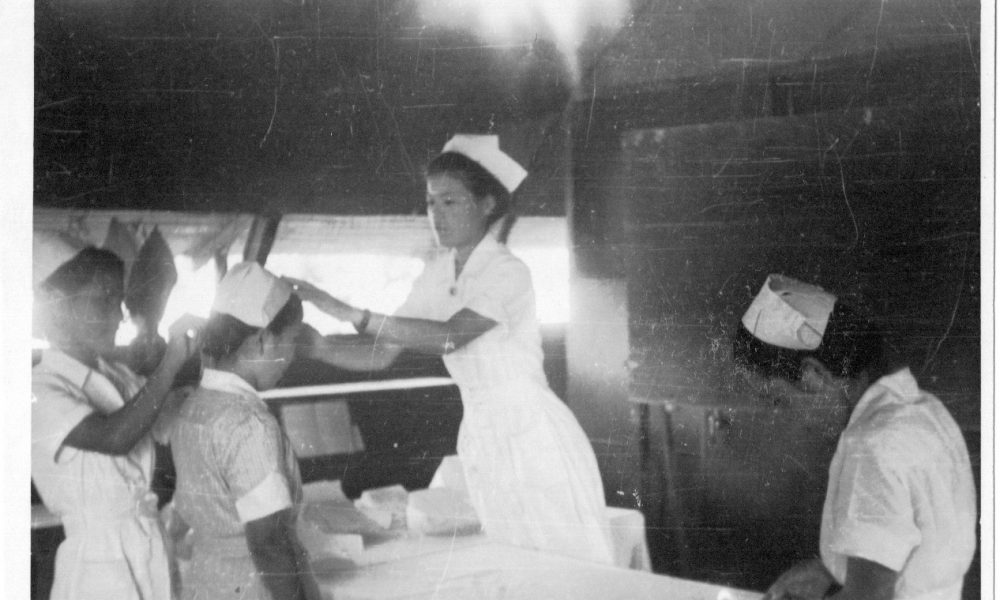
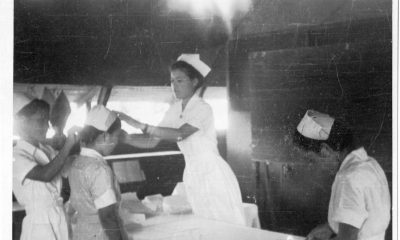

Discover the story of Nobu, a military nurse who survived the Battle of Okinawa and pioneered postwar nursing, shaping the future of Okinawa’s healthcare.
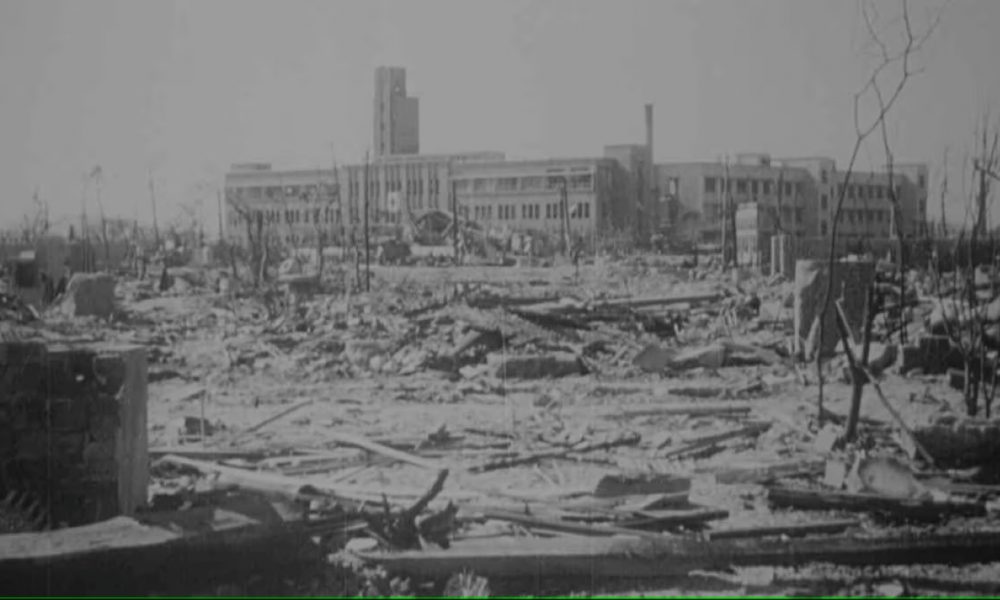
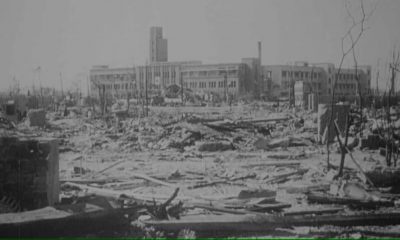

Japanese television stations still solemnly broadcast special programs on the end of the Pacific war 79 years later, hoping to encourage peace elsewhere.
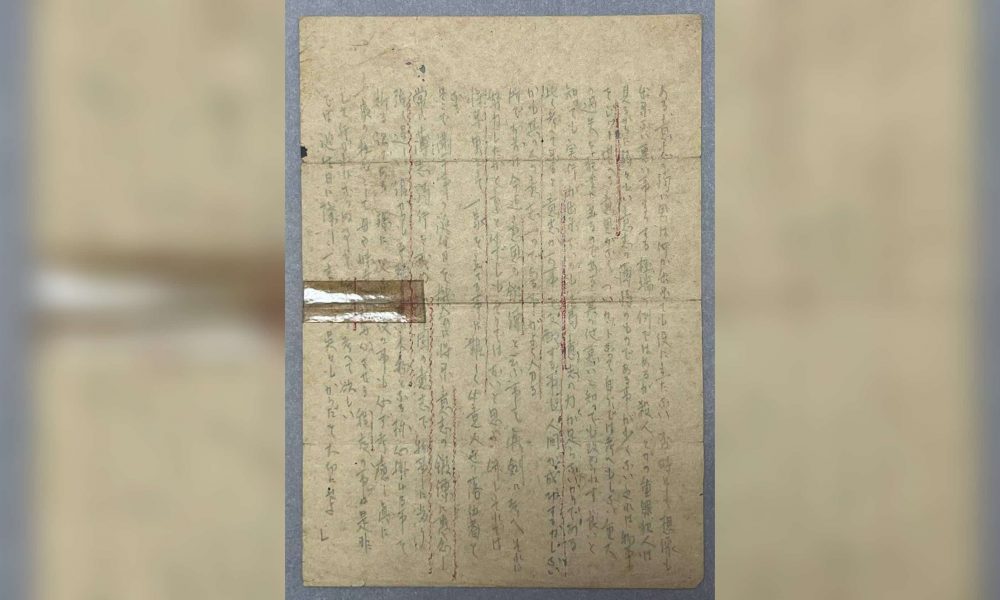
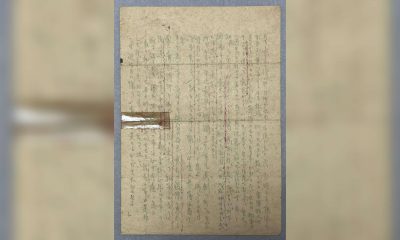

Letters sent by Lieutenant General Kuribayashi from Iwo Jima silently illustrate the pain of one family and its efforts to preserve these historical records.
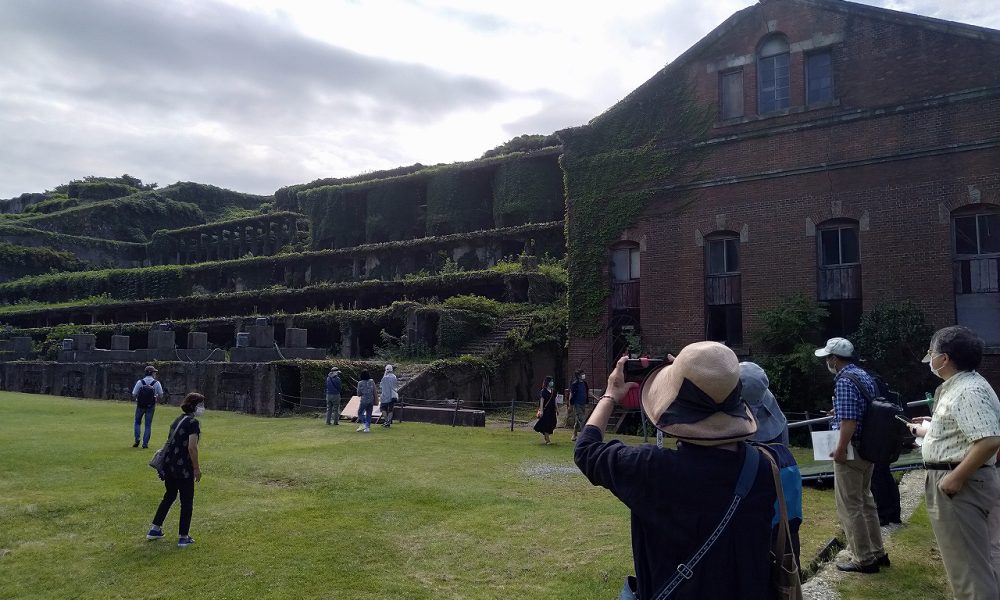
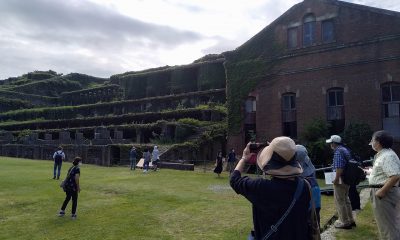

Research by Japanese and South Korean scholars using primary sources shows flaws in the Aikawa Folk Museum's portrayal of wartime labor at the Sado gold mines.
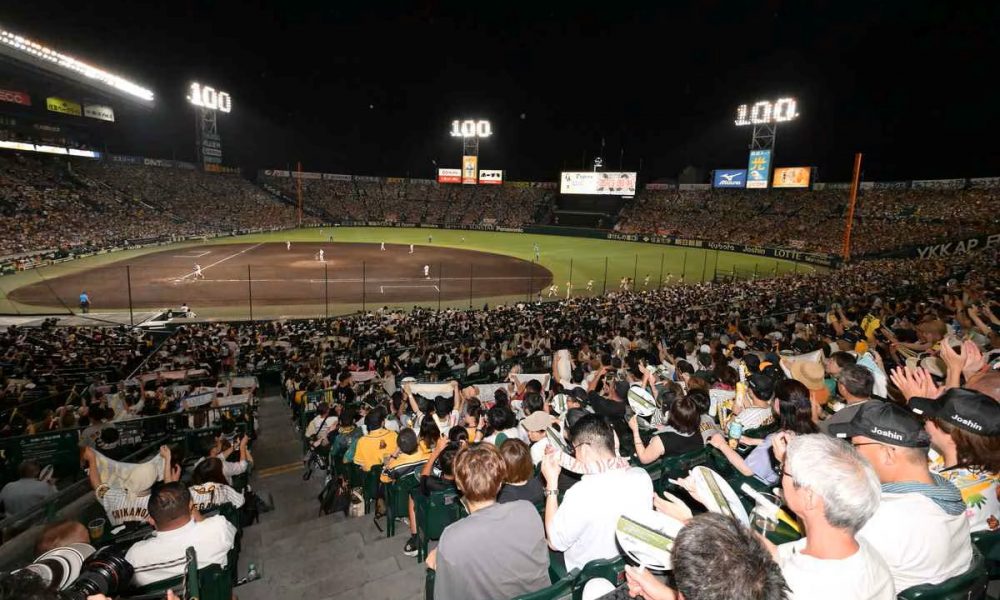
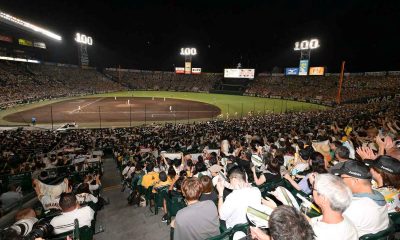

As the "holy ground" of Japanese baseball, Koshien rallied the nation through national disasters and wars. Now it's taking on the next 100 years of challenges.
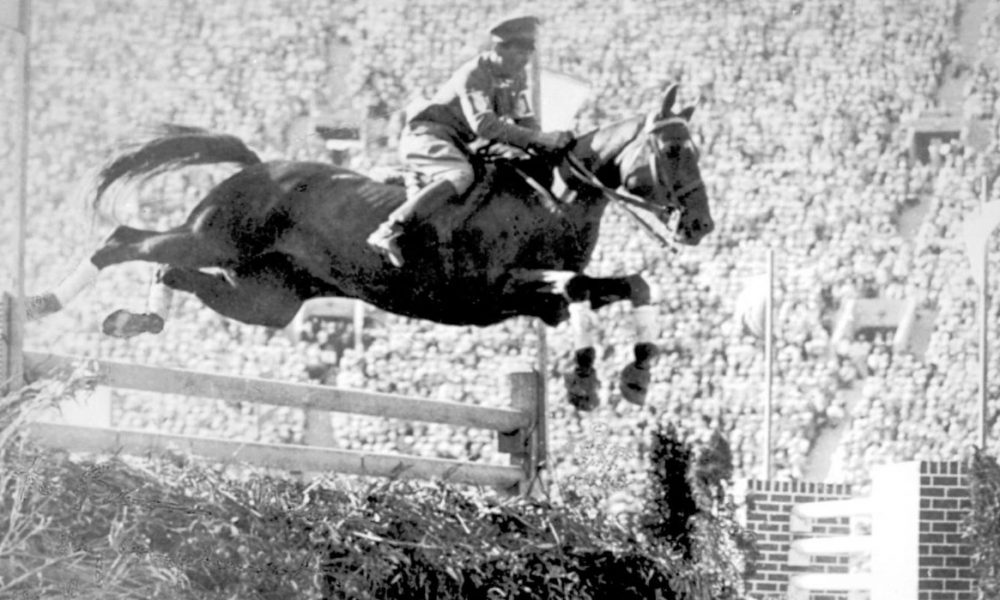
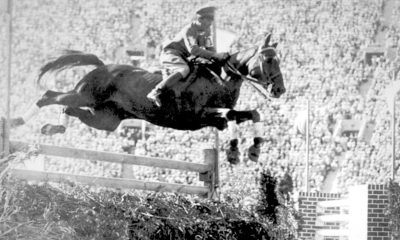

"We won" exclaimed Baron Nishi, Japan's 1932 equestrian gold equestrian in Los Angeles. He died on Iwo Jima but inspired Team Japan to a bronze medal...
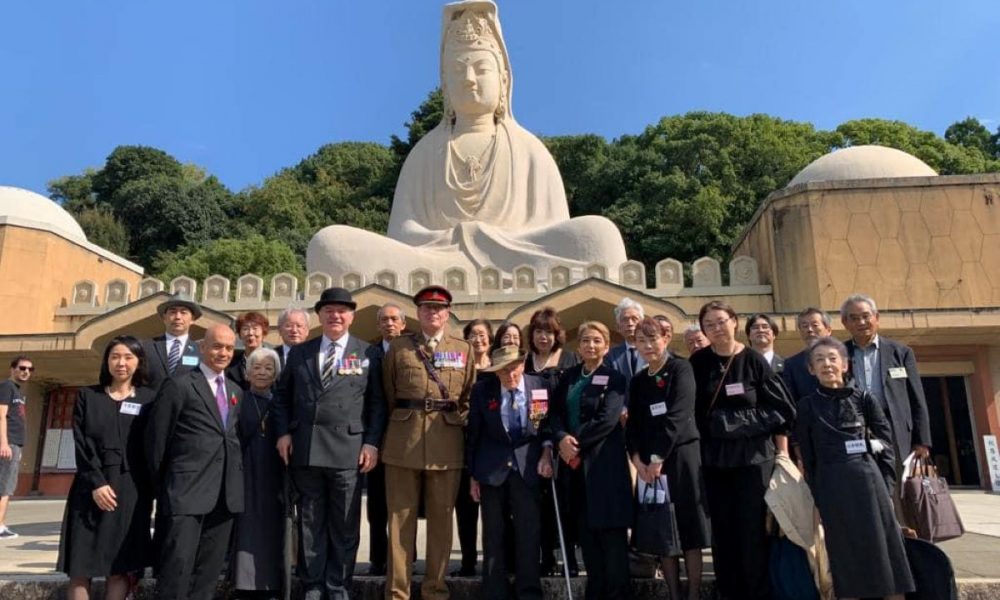
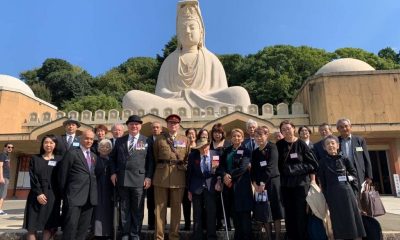

The bombing of the Christian center of Nagasaki illustrates deeply troubling questions about the morality of war and laws designed to protect the innocent.
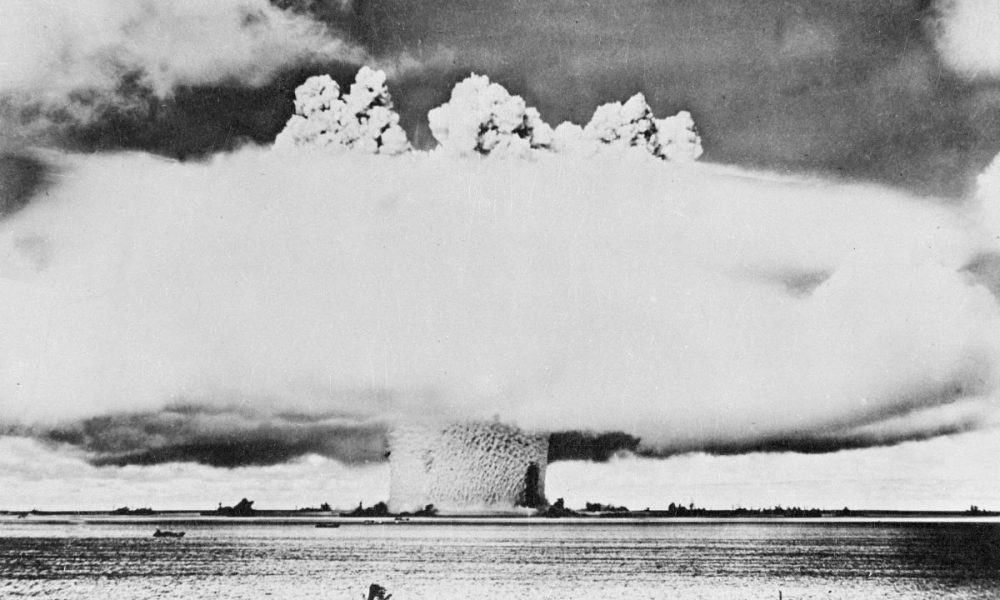
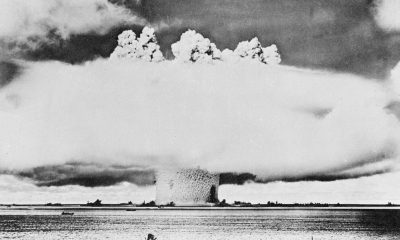

The PALM countries and Japan share a complex history of concerns and development needs that shape their nuclear power options and relationships with each other.
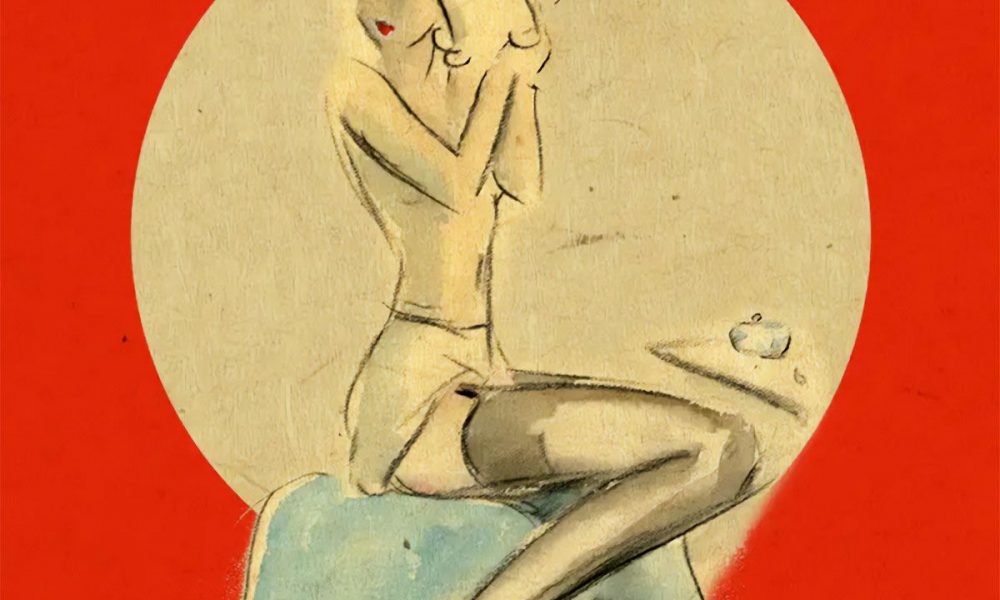
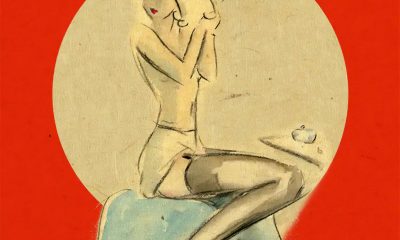

In 'Shanghai Demimondaine' author Nick Hordern shares insights on the sunset of the imperial role in China in telling the story of Australian Lorraine Murray.